Hi MDA readers,
Our year-long Women of Colour (WOC) mentorships have almost hit the halfway mark! This month we’re spotlighting the success of one mentee, Pranjali Sehgal, who secured a Digital Video Producer role at SBS during her mentorship with 9 News Melbourne journalist Shuba Krishnan. We also get to know another mentee, Angelique Lu, who shares insights from her sessions with her mentor, Bernadine Lim, Commissioning Editor, Documentaries (SBS). We have kicked off our third annual Summer Fellowships with Google News Initiative. Entries are open to First Nations and multicultural final-year and graduate students interested in a media career, with seasonal placements at outlets like ABC, The Guardian, AAP and Channels 7, 9 and 10. MDA is also thrilled to introduce our new industry membership model, where we invite media companies, educational institutes and industry partners to embrace the storytelling power of Australia’s diverse cultural landscape. We also call on diverse journalists and media professionals who have faced online harassment or violence to complete this short, anonymous research survey about tackling the online safety of diverse journalists. We’re sending a big congratulations to the three winners of our inaugural Chinese-Australian Journalism Secondment program, who have already started making a splash in the media. And finally, senior travel and lifestyle editor Sudeshna Ghosh explores the state of play in Australia’s travel content landscape, questioning the absence of diverse voices.
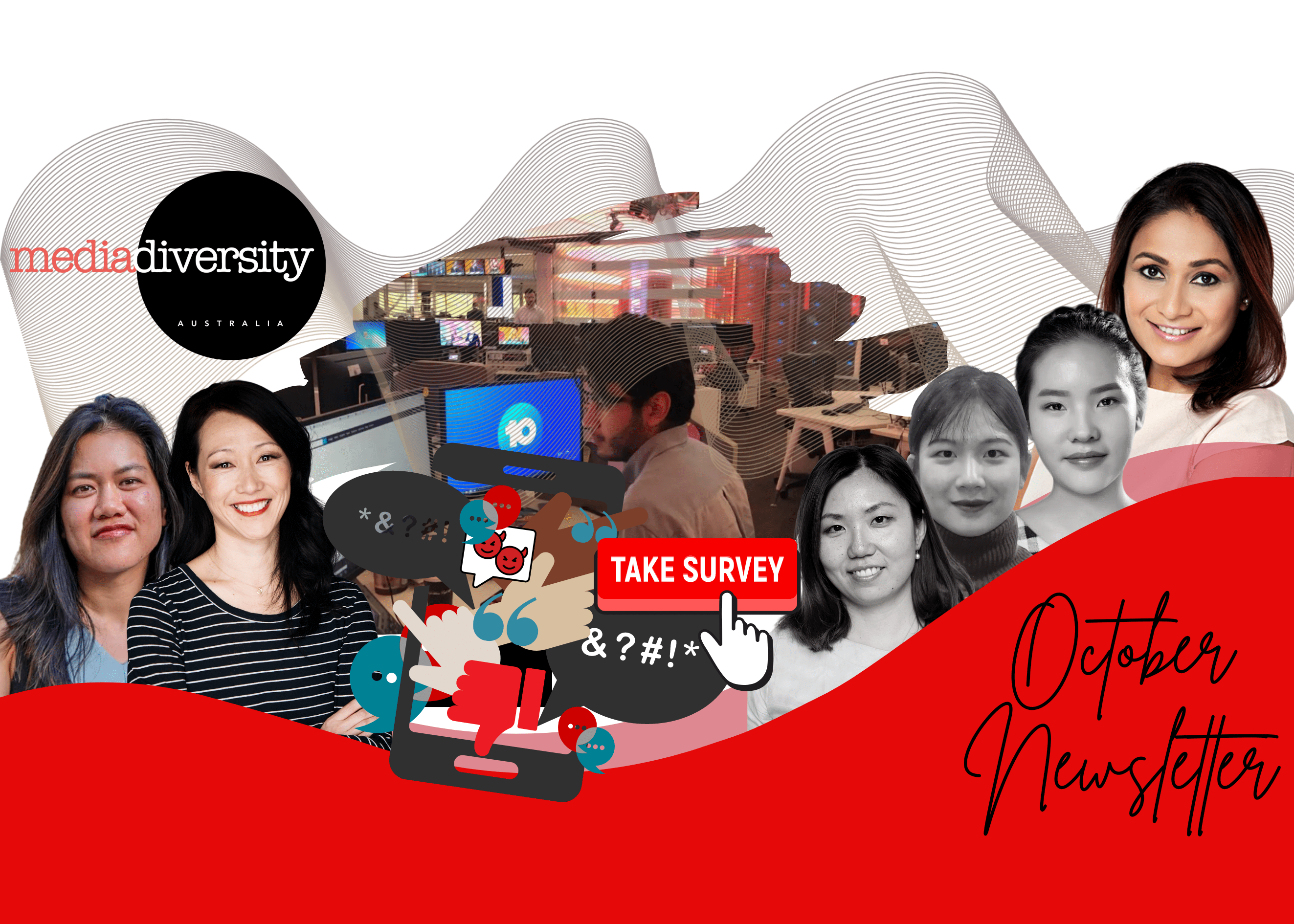
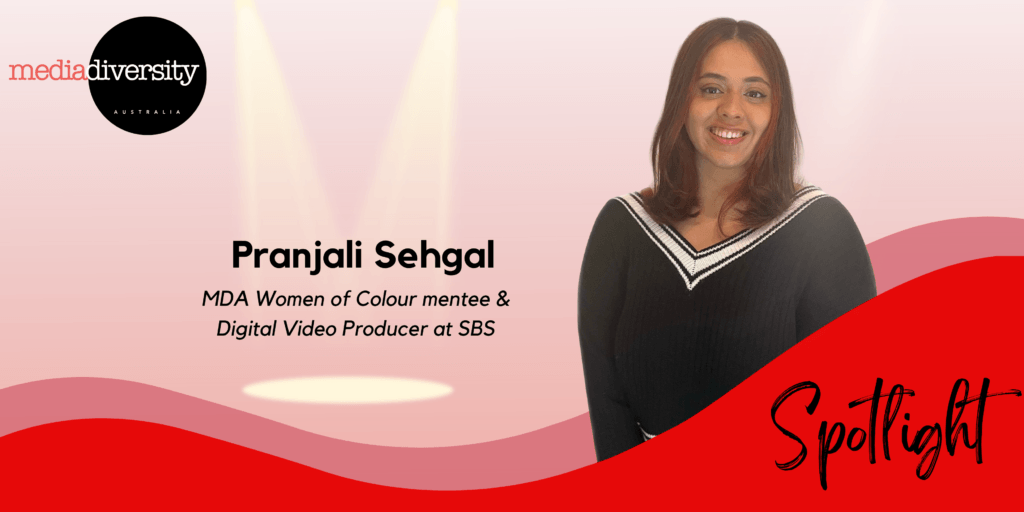
“Over the past few months, I’ve had the opportunity to be mentored by incredible the Shuba Krishnan through Media Diversity Australia’s Women of Colour program, and it is safe to say the experience has been remarkable – it even helped me to land a new gig at SBS News as a Digital Video Producer last month! I’ve always read mentorships can be transformative. Still, it is only when I reflect on the month leading up to the job offer do I see an undeniable change and the definite influence of my mentorship on my behaviour. The shift is in the small things, which then ripples to create a big shift.
When I had my first conversation with Shuba, I had just come out of my gig at ABC News and was on the hunt to get back in the newsroom. I remember we spoke of the immense value of networking in media and the best ways to do it authentically. We also spoke of the power of being proactive. We dived into her experiences as a young grad determined to be a journalist who seized opportunities for everything they were worth and even created some when there weren’t any. We spoke of the skills I wanted to develop, the attributes I perceived to be my strengths and what direction I’m treading to grow in. It is rare to find a mentor who not only started their career in a similar position to yourself and achieved success but who is also genuinely willing to share their experience – the successes, the failures, the hows, and the whys – so transparently with your development as a mentee in mind. And then to have that mentor also be a woman of colour who understands the nuances of how I may perceive, engage with or navigate things and has crossed the paths I want to be walking is transformational.
In about a month following that initial conversation, I landed an interview at SBS News (proactively) and remember buzzing Shuba as I prepped for the day. As a now-former SBS journalist and an experienced woman of colour in the industry, Shuba’s insights were monumental in how I approached the interview and the opportunity. Throughout the entire process, she was always down for a chat and ready to lend a friendly hand or a piece of advice if I needed it. The mentorship has unquestionably made me more aware and confident in what I have to offer. It has helped me recognise the things I want to develop, which helped me succeed in the interview and now guides me as I build my way forward in the new role. And even though I’m only a few months into the mentorship, I am far from when I started and can’t wait for what comes ahead.”
Media Diversity Australia is calling for expressions of interest from students in their final year or graduates who have completed a media /communications degree OR have experience in a news-related role (e.g. a student newspaper) and are keen to get industry experience at a mainstream media outlet over the summer break.
The project aims to place 12 final-year students or recent graduates in 12 different mainstream media outlets nationwide.
Our host newsrooms include:
Fairfax Media (The Age/Sydney Morning Herald), Australian Financial Review, ABC News Politics
The Guardian, Newscorp
AAP, Channel 9 News
The Courier-Mail, SCA Radio
10 News First Perth, Channel 7 News/ The West Australian
ABC Sports
Applications close at 5 pm AEST on Friday, 11 November. Successful candidates will be announced in early December after an interview process.
Any questions regarding the Summer Fellowship can be sent to MDA’s Director Of Special Projects, Simone Jordan: simone@mediadiversityaustralia.org
For more information on our 2023 Summer Fellowships, visit our website:

As the nation’s most recognised advocacy body for cultural diversity and representation in media, MDA helps drive impactful change to ensure that the Australian media landscape looks and sounds more like Australia.
With a track record of driving systemic change and creating pathways, we are pleased to offer our diversity, equity, and inclusion expertise through our MDA Membership.
MDA’s bespoke membership program is for companies working across print, broadcast, digital, and everything in between. We empower members through our strategic insights and frameworks and translate our research and advocacy into practical, actionable, and genuine steps towards greater diversity and representation.
Member organisations benefit from MDA’s expert directory and TalentHub, strategic insights and frameworks to help enrich the mix of faces and voices Australians hear, see and read daily.
Our current members include ABC, AAP, The Guardian, The Daily Aus, SBS, Channel 9, Channel 10, and Channel 7. Welcome to our inaugural members!
Keen to become a member today? Email us at membership@mediadiversityaustralia.org
For more information on our membership model, visit our website:
Media Diversity Australia, in collaboration with Macquarie University and Griffith University, is conducting the first-ever research survey on diverse journalists’ online safety to better understand the extent of online safety and harassment issues in Australia.
Our survey aims to address three main issues:
So, if you or anyone you know is a diverse journalist or media professional who has endured any form of online harassment, abuse and violence, we’d love to hear from you!
Take this anonymous five-minute survey NOW
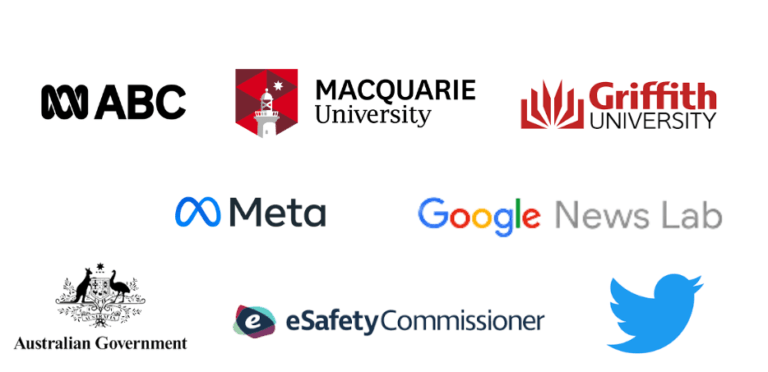
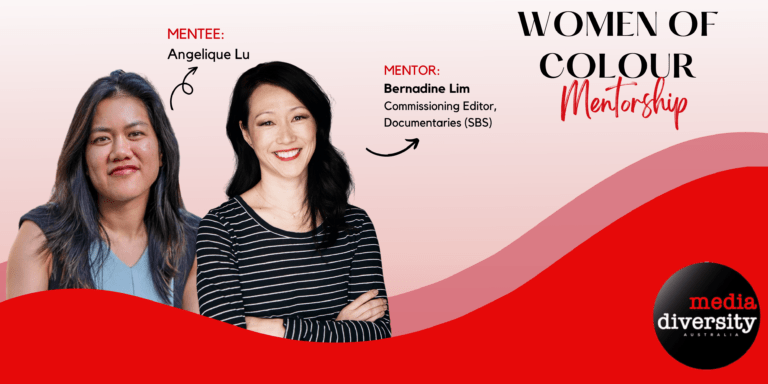
I’m enjoying the insights and perspectives I’m gaining from our chats to help me shape and create my career path and decision-making.
Lee Lin Chin is one of my journalism heroes. She was the first Asian woman I saw on television that wasn’t on a reality cooking show. I love her accent, the way she commanded authority when she read the news, and of course, her fierce outfits.
One of the reasons I became a journalist was that I wanted to hear more stories about the people I grew up with. Ordinary people who had their backstories and histories who might otherwise be overlooked. Media Diversity Australia gives me hope that more of these stories will be heard and covered.
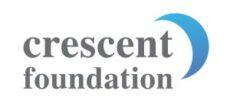
We are pleased to announce the three Chinese- Australian Journalism Secondment winners who have recently commenced their eight-week program at mainstream newsrooms!
Placement: The Age
“Media Diversity Australia means a chance for me to be seen. It means I can have an opportunity in this industry as a foreigner. And it also means that I can be the voice for people who share the same background as me.”
Placement: ABC Asia Pacific
I believe Media Diversity Australia’s mission mirrors the Australian society we’re living in currently. MDA plays a unique but pivotal role in championing cultural diversity in Australian media, and this is a true reflection of society and the world in 2022.”
Placement: ABC Asia Pacific
“Media Diversity Australia’s mission means increasing diversity in the mainstream newsroom and interviewing subjects on stories relevant to the diverse Chinese-Australian communities. In the end, it’s about people, letting people from diverse backgrounds be heard and building better relations between Chinese communities, community media and mainstream media outlets.”
A big congratulations to our secondees, we are so excited to see you pave the path of journalism, accurately represent your communities and help us create a media landscape that looks and sounds like Australia.


It was a line in a column by a well-known travel writer in one of Australia’s leading national travel publications that brought things to a head (in my head). I can’t remember the exact story (I think it might have had something to do with hotel buffets). Still, the statement “anywhere in the civilised world” – clearly referencing the western world – rankled.
The underlying implication is that other regions, such as Asia, which are big on tourism but are home to many developing nations, are… wait, uncivilised?
What exactly is the definition of civilisation here? Are we ignoring the thousands of years-old civilisations of, say, Thailand or Vietnam, or is it perhaps the oldest civilisation in the world in the Indian subcontinent that we are overlooking in this sweeping statement?
Don’t get me wrong, the actual column was well-intentioned, and the writer and publication are both ones I personally respect. It was most likely a passing statement that would have been the default language for the writer.
And that’s where the problem lies. It is no one individual’s fault. It’s the ongoing stereotyping that, like every other media beat, travel content has also fallen victim to – largely thanks to the unilateral perspective it usually offers.
Modern travel, for leisure, is irrefutably a pursuit of the privileged, and perhaps that is why (English language) travel writing has almost always been from the perspective of a white traveller. A phenomenon that often ends up reinforcing colonial tropes.
But the demographic of the average traveller has changed in the past century. You don’t need me to tell you that Australian society is more multicultural than ever, and consequently, so is the average Australian traveller. And yet, the voices in travel content in the Australian media landscape are still overwhelmingly lacking in cultural diversity.
According to TravMedia, the country’s largest travel media community, there are around 950 full-time travel writers in Australia, and upwards of 2000 who dabble in travel writing across freelance and in-house editorial positions. Nick Wayland, the founder of TravMedia, estimates that around 80 per cent of this cohort is white Anglo-Saxon.
While it’s not easy to get hard stats for this kind of information, anecdotally, the membership at the Australian Society of Travel Writers, reflects an even higher ratio when it comes to persons of colour. Need more proof? You need only look at the bylines in most Australian travel publications.
Our national appetite for travel is higher than the global average, and in 2022, over 70 per cent of Australians are planning to travel* – as pent-up demand explodes. According to YouGov, over a third of Australian consumers make travel decisions influenced by what they read in the media. That is a lot of people who are making decisions informed by the view through a fairly narrow lens.
One element of travel content in Australia I am particularly concerned about is the glaring absence of indigenous voices – especially now that indigenous tourism is (finally) becoming more mainstream, and we are getting a bit more exposure to this incredibly rich culture. Wouldn’t it be nice – and truly authentic – to have someone with an innate understanding of this culture tell us the story, rather than yet another write-up on a ‘dreaming tour’ that smacks of otherness?
I don’t believe that anyone is intentionally not being inclusive in their approach, it’s a widespread obliviousness to the issue more than anything else.
I also want to state that most of the mainstream travel writers I have encountered throughout my career are among the most open-minded, curious and ‘woke’ people around. It would be hard to do this job without those qualities. But that still doesn’t change the fact that the lived experiences of people from diverse backgrounds would be different, which alone can bring a whole other layer to the content.
Overseas, the change is already taking place – slowly, but surely. Australian media still seems a bit behind the eight ball, and the change needs to happen through the ranks.
Remember that iconic 1980’s Tourism Australia ‘shrimp on the barbie’ ad? While aimed at inbound tourists, it helped define Australia and its people in the context of travel for generations. Perhaps it’s time to update it to add some ‘tandoori or satay chicken’ on the barbie?
*Various sources including data from Newscorp, Nine and Savvy.com.au
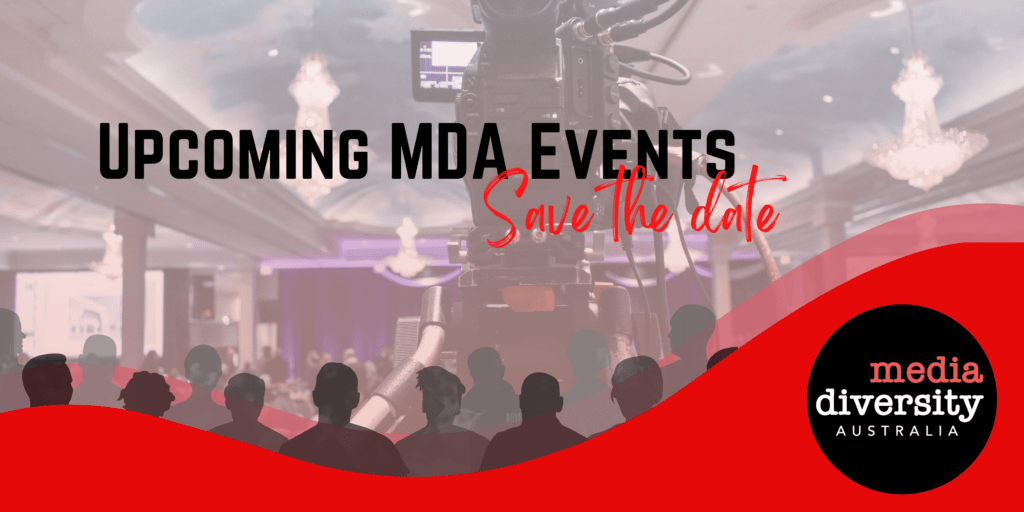
Save the date in your calendar and stay tuned for more details in the coming weeks!
As a not-for-profit organisation, we rely on the help of our incredible volunteers. With your financial and volunteer support, we can continue to run programs to support culturally and linguistically diverse journalists, conduct agenda-setting research, run networking events, provide practical solutions for the media industry, and much more. If you would like to make a tax-deductible donation to support the vital work we do, please click here.
Media Diversity Australia (MDA) is a national not-for-profit organisation led by journalists and media professionals. Australia is culturally and linguistically diverse, and our media should be too. Established in 2017, MDA has a unique role as a champion of cultural diversity in Australian journalism and news media. We have a vision for a media industry with full and equal participation for culturally diverse people at all levels.